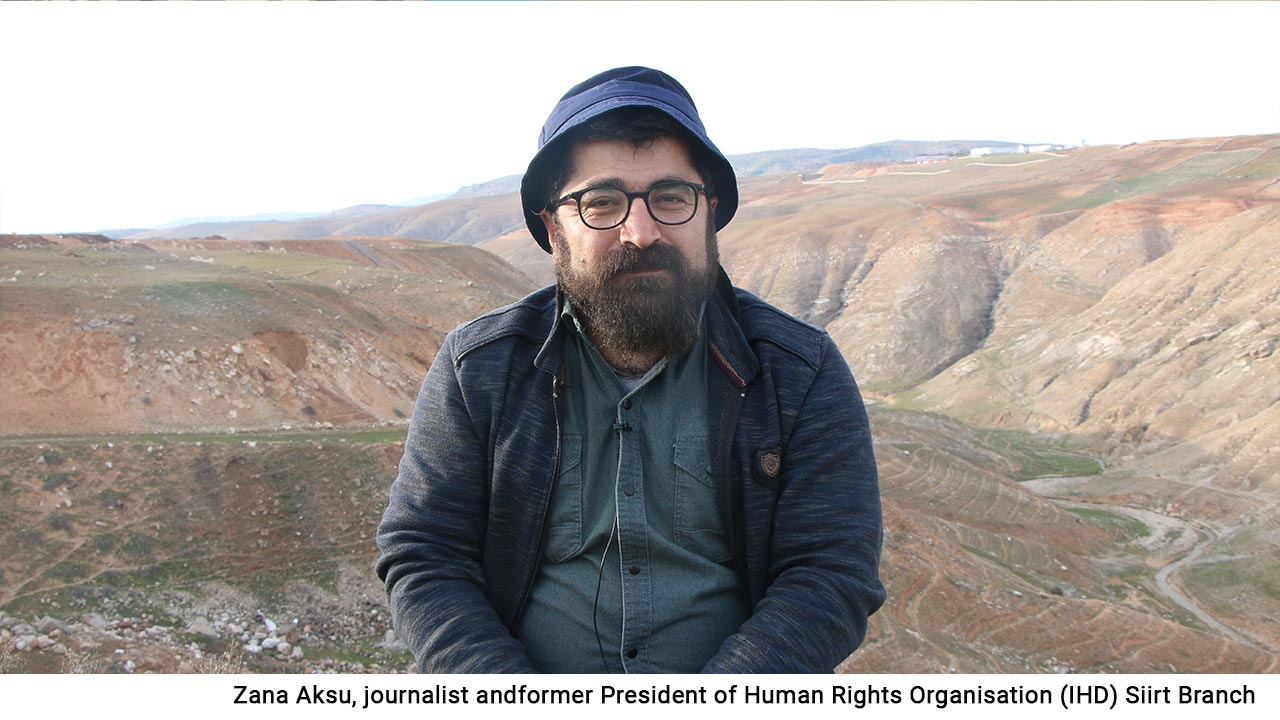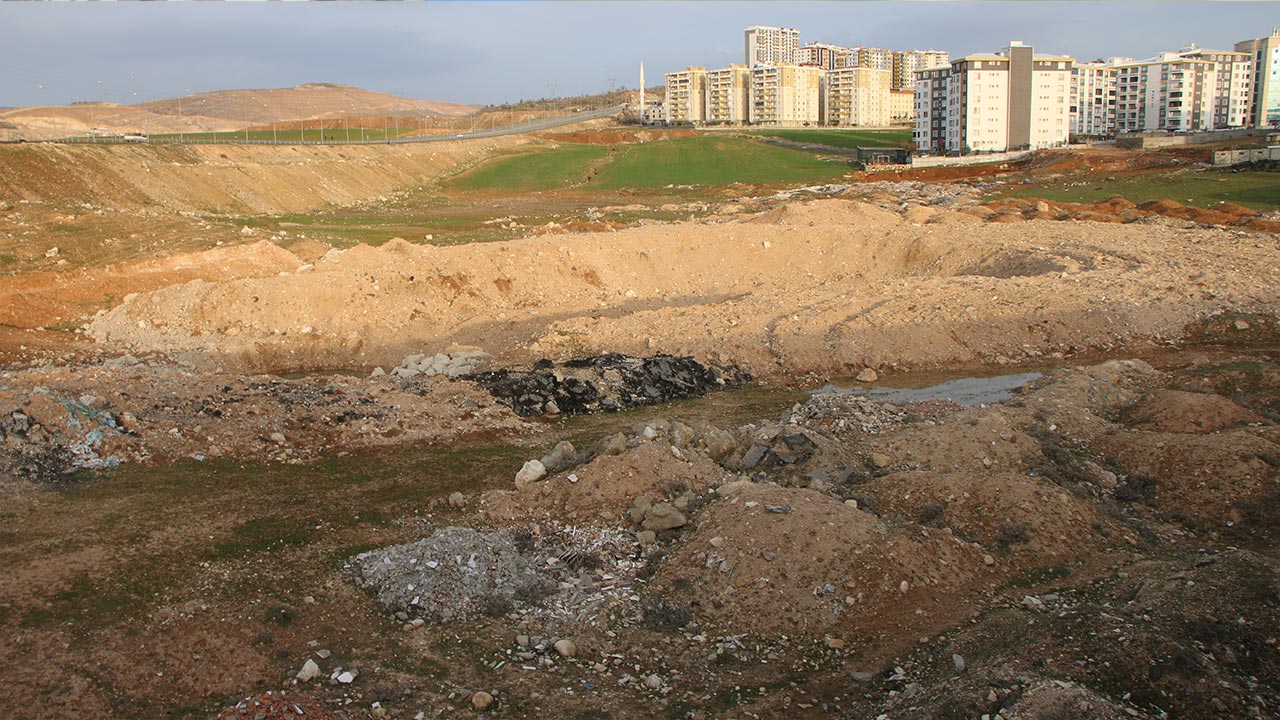A construction company has broken ground for luxury villas and high-rise apartment blocks in Siirt’s (Sêrt) Butchers’ Creek (Newala Qesaba) region, Mezopotamya Agency reports.
Hundreds of bodies have been buried in the area throughout the decades, including victims of extrajudicial killings. Unofficial figures and estimates place at least 300 bodies, including civilians and suspected members of the Kurdistan Workers’ Party (PKK), killed in the 1980s in the mass grave. There are rumours that Mahsum Korkmaz (Egît), one of the pioneers of the PKK, is among the 300.
Newala Qesaba is close to the city centre and covers roughly 405 acres. The site is known to locals as the place where many victims of the 1915 Armenian Genocide were buried in a separate mass grave.
The first excavation of the site started on April 22, 1989. Workers discovered the remains of eight people within hours, and efforts were halted on the same day upon orders from the governor’s office. No permits have been issued for further excavations since.
Disrespect to memory
However, the local municipality issued building permits for the site in later years. The site was first turned into a landfill, then replaced by a wedding hall. In 2013, during a grassroots campaign to erect a monument for the victims, a police station was erected atop the gravesites.
Dozens of luxury villas with swimming pools and high-rise apartment blocks are currently being built by the construction company War Yapı.
The history of the creek
The Human Rights Association (İHD) has pressed charges against the construction project, former İHD Siirt chapter chairman and journalist Zana Aksu told reporters.

Aksu, who has covered the fate of Newala Qesaba for years, said the eight people whose bones were unearthed were not identified. “No investigation was carried out on any suspects, and neither was the area granted protected status,” he said.
‘Shameful’
The construction projects that were carried out atop the mass graves “add shame to the already shameful situation”, Aksu said. “Hundreds of bones are buried here. It is cruel to construct buildings here as people still search for their loved ones who were disappeared. This decision must be reversed at once.”
During the height of the conflict between Turkey’s armed forces and the PKK, an estimated 17,000 civilians were forcibly disappeared or victims of unsolved extrajudicial killings. Saturday Mothers, a group started by human rights advocates and mothers whose children were disappeared in custody, have been holding vigils since 1996, demanding information on their loved ones’ fates.
***Show us some LOVE by sharing it!***



